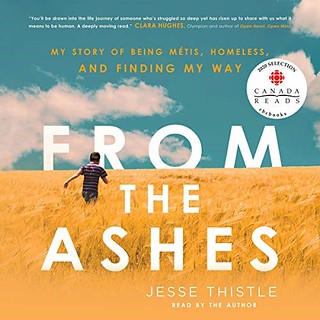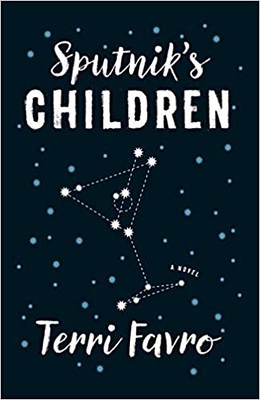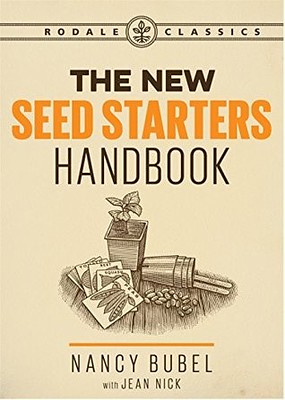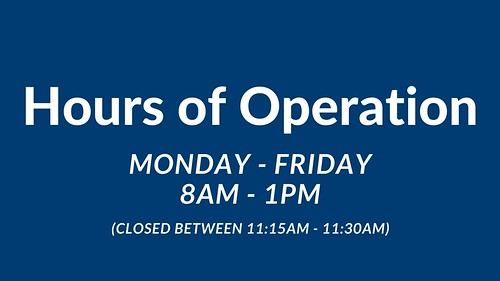
By Amy Miedzwiecki
MediaWorks is a digital workshop and makerspace based in the library at Burnaby campus where students and staff can create, innovate, and collaborate to bring their ideas to life.
We offer a creative space, industry standard equipment, and professional guidance from our team to help you succeed.
What is a Makerspace?
A makerspace is more than a space itself. Sure, it has tech, machines, and staff to help you invent, tinker, and create but a makerspace is about “turning knowledge into action” (Flemming, 2015, p. 7), and allows for a true opportunity to support personalized learning (Martinez & Stager, 2013).
We offer custom workshops for classes, one to one consultations and the space and time to experiment and play, encouraging creative collaboration.
We want to empower you to use new and emerging technologies, to explore your own learning and helping you to become self-sufficient with our tools. The range of possible projects is vast and could include audio production for a podcast, creating a custom piece of lasercut artwork, and even creating a 3D printed prototype for testing.
What Technology Do We Have?

3D Printing – FDM plastic filament 3D printing and a new SLA printer that uses resin for more detailed prints

3D Scanning – Scan real life objects into a digital 3D model

Lasercutting and engraving – Cut, score and engrave onto wood, acrylic and other materials

Die cutting – Cut paper, card, vinyl and fabric

Thermoforming – Vacuum form detailed plastic moulds
VR and AR Technologies –Virtual Reality and Augmented Reality headsets and ‘play’ area
High specification computer lab – Produce, edit and draw with industry software on our powerful computers with ultra-wide monitors
COMING SOON!
 Learning Glass – Learning Glass Lightboard technology is simple: LED lighting on specialized glass creates a transparent white board that illuminates writing with neon markers ideal for creating video lectures online.
Learning Glass – Learning Glass Lightboard technology is simple: LED lighting on specialized glass creates a transparent white board that illuminates writing with neon markers ideal for creating video lectures online.
 New and Improved audio recording space for creating podcasts and voiceovers
New and Improved audio recording space for creating podcasts and voiceovers
Other Services
Large Format Printing – Print large posters and displays
Digitizing – Convert VHS, cassettes, DVD’s, photographs and slides to digital formats
Dry Press Mount – Mount posters onto foam core without glue
MediaWorks Services During COVID-19
Our services are online right now with our lab currently closed to the public, but we are still able to support staff and student projects remotely.
After consulting on ideas and design preparation we will use our machines to produce your 3D and 2D work which can then be picked up from the library front desk (8am-3pm Monday to Friday). To book a consultation email: mediaworks@bcit.ca
There is also an individual bookable MediaWorks table and tool kit for those that do not have the space or tools to finish their work at home.
If you need to measure/glue/cut/chisel/file you can book this online.
For material pick-up info visit: https://libguides.bcit.ca/covid.
All in-person library services follow Covid-19 safety regulations, more information can be found here https://libguides.bcit.ca/Covid
References
Fleming, L. (2015). Worlds of making: Best practices for establishing a makerspace for your school. Thousand Oaks, CA: Corwin Press
Martinez, S. L., & Stager, G. (2013). Invent to learn: Making, tinkering, and engineering in the classroom. Torrance, CA: Constructing modern knowledge press









 The New Seed-Starters Handbook
The New Seed-Starters Handbook The Northwest Garden Manifesto
The Northwest Garden Manifesto Vegetables:
Vegetables: Herbs:
Herbs: Flowers:
Flowers: Case Studies: we all know what they are and have probably been involved in them at some level, whether or not the term ‘case study’ was actually used. When we think a typical case study, we think of students informed and guided by learned concepts, grappling with a real-world problem. Essentially, cases are narratives. Often, we ask students to create the conclusion or moral to a story. While most often associated with business, law and medicine, there are few subject areas where case studies would not have a place. And I was surprised realize how many different permutations of the general activity category are possible.
Case Studies: we all know what they are and have probably been involved in them at some level, whether or not the term ‘case study’ was actually used. When we think a typical case study, we think of students informed and guided by learned concepts, grappling with a real-world problem. Essentially, cases are narratives. Often, we ask students to create the conclusion or moral to a story. While most often associated with business, law and medicine, there are few subject areas where case studies would not have a place. And I was surprised realize how many different permutations of the general activity category are possible. The Library offers a range of material on case studies. There are
The Library offers a range of material on case studies. There are 



